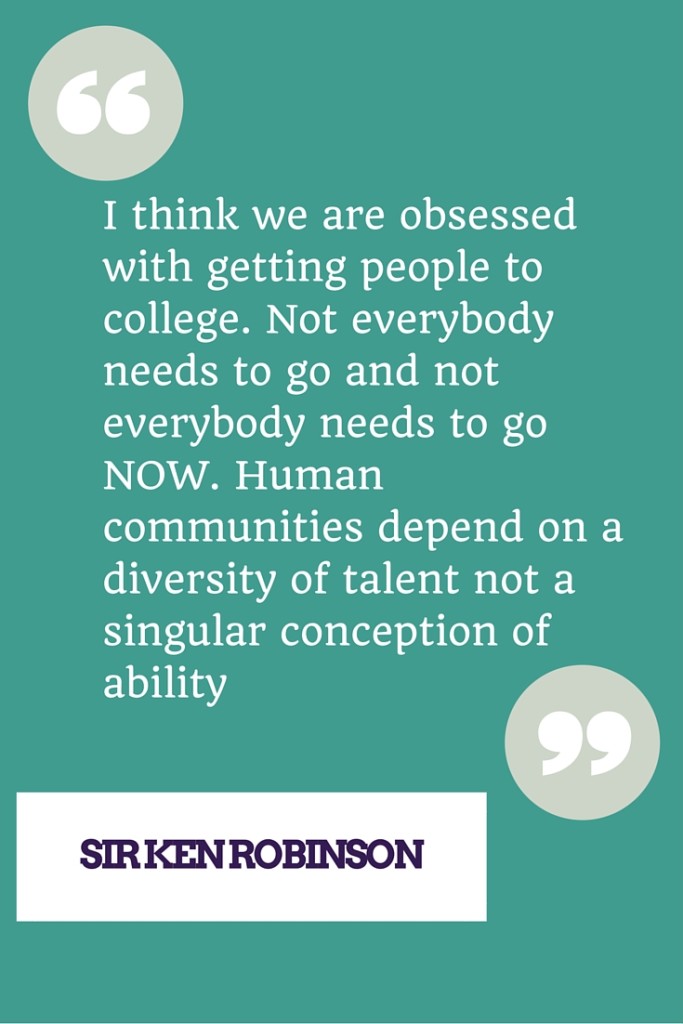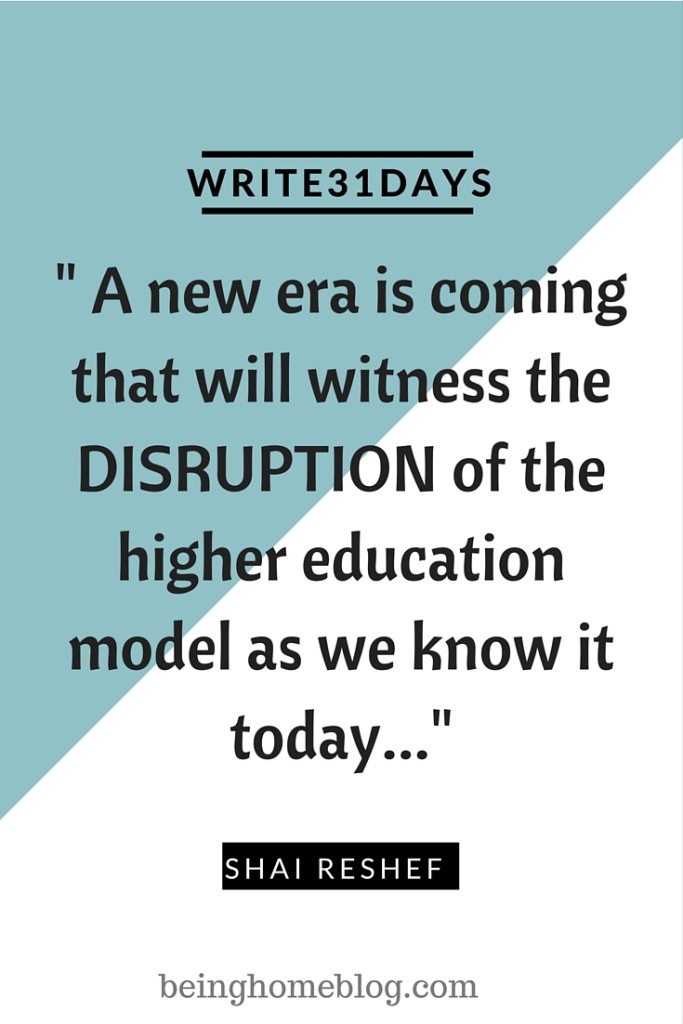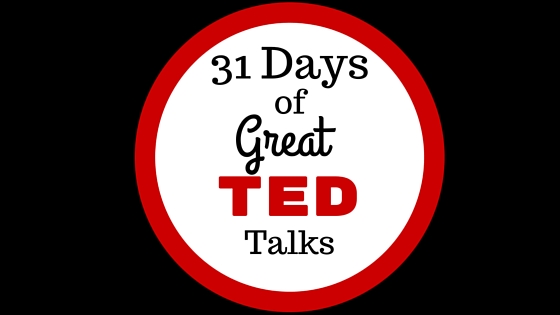 Welcome to Day 16 of write31days. Over the hump, so to speak. For this installment of 31 days of Great Ted talks, I have to bring Sir Ken Robinson back for an encore.
Welcome to Day 16 of write31days. Over the hump, so to speak. For this installment of 31 days of Great Ted talks, I have to bring Sir Ken Robinson back for an encore.
Though this presentation isn’t as popular as the first, it is just as poignant and urgent.
Robinson argues that we should revolutionize our model of education rather than reform it (which he views as “simply improving a broken model”).
This isn’t about “privatizing”. I believe public education is already privatized (public money going to huge corporations that control everything in the form of textbooks, testing, testing prep, “technology”, supplies, constant assessment of students, evaluating teachers, food service, “health” initiatives and all manner of “consulting” costs and “studies” before any program, facility or change is implemented).
Recorded around 2010, the exponential infiltration of new technologies affecting nearly every industry and disrupting linearly-oriented institutions make Robinson’s argument even more relevant and urgent. The idea that there’s one linear path to “success” and anyone who takes it will be secure is laughable and irresponsible today-yet that’s how schools prepare students for the world.
Adopting Robinson’s suggestion would allow teachers to teach in the way they are wired and most gifted, instead of conforming to a standardized format. Maybe it’s impossible but worth trying.


